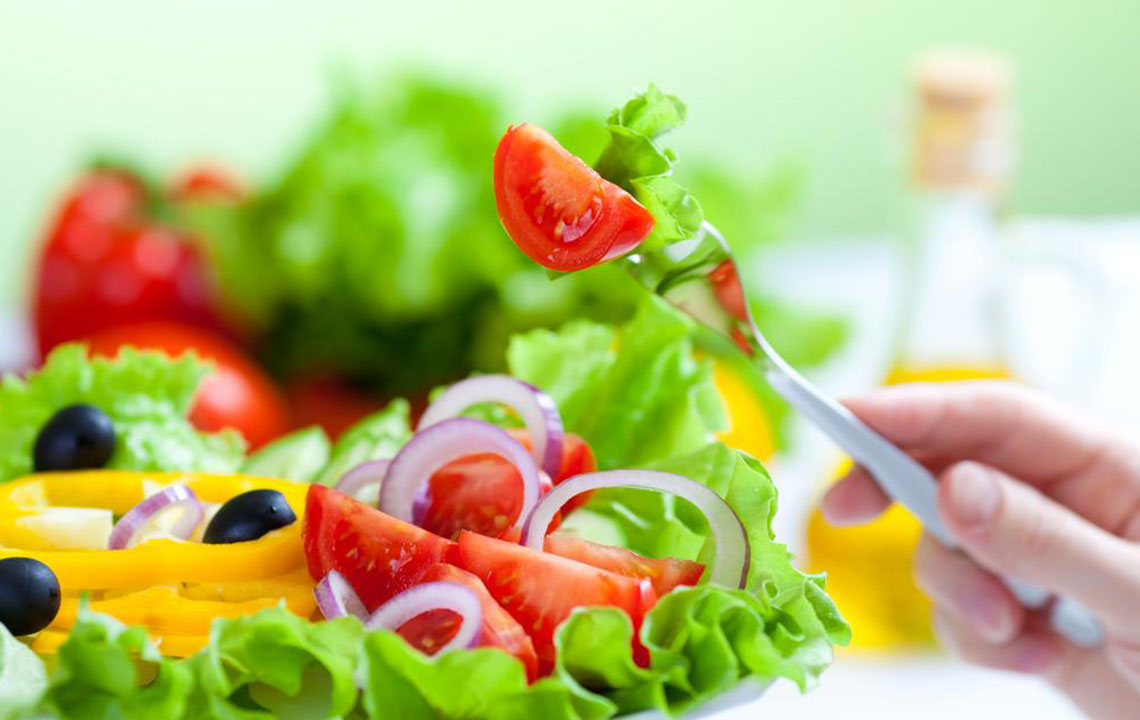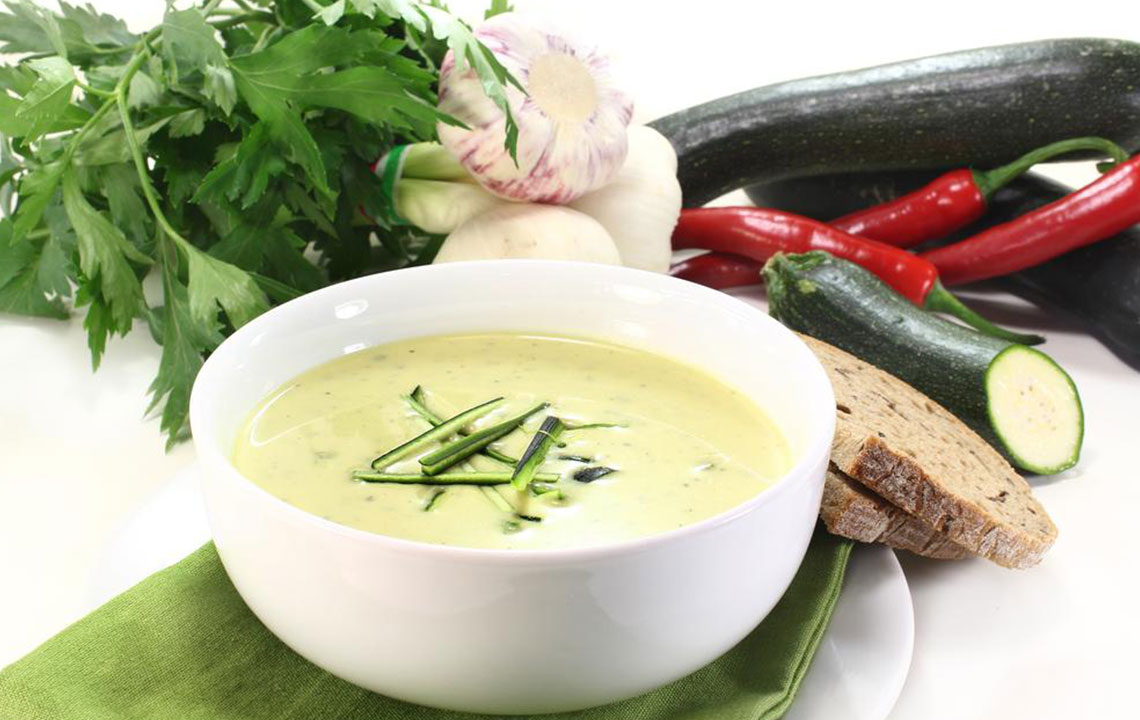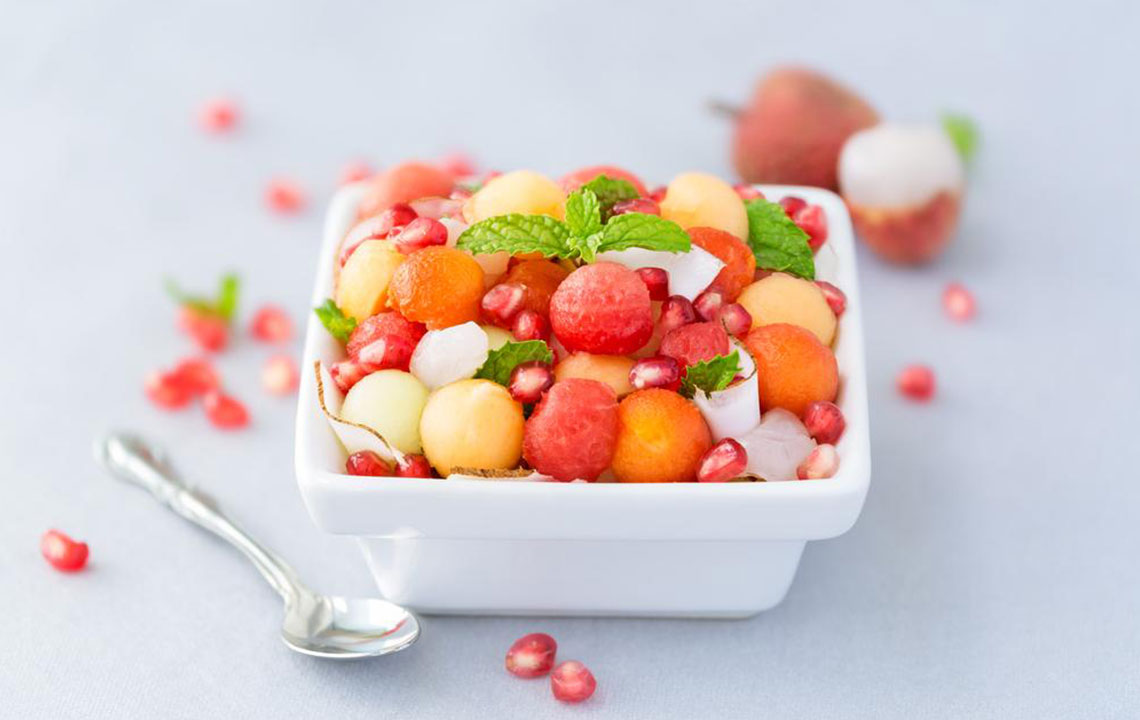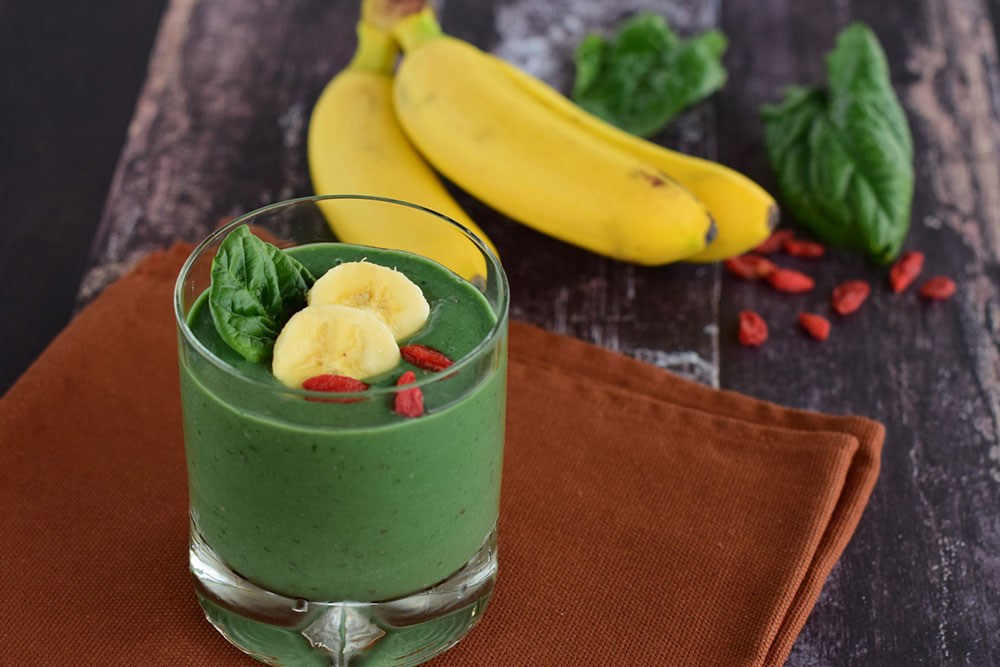Essential Dietary Guidelines for Managing Gout Effectively
Discover effective dietary strategies for managing gout. Learn which foods to include and avoid, the importance of purine control, and natural remedies like cherries and magnesium to reduce inflammation and pain. Start implementing these tips today for better joint health and symptom relief.

Nutritional Tips for Controlling Gout Symptoms
Gout, a type of arthritis, causes painful swelling in joints, especially affecting the big toe initially. The flare-ups are often intense and recurring without proper management. This condition impacts not just joints but also tendons and muscles. Although both genders can develop gout, it's more common in men. The primary cause is elevated uric acid levels in the blood, leading to crystal formation and inflammation.
A diet focused on reducing uric acid is vital. Managing intake of purine-rich foods, avoiding alcohol, and maintaining a healthy weight can significantly lessen symptoms. Early adherence to a gout-friendly diet may even eliminate the need for medication.
Limit Purine Intake
Controlling purine levels is key. Foods like organ meats (liver, kidneys), certain seafood (sardines, anchovies, shrimp), and some plant-based items (peas, mushrooms, asparagus) are high in purines and should be consumed sparingly. Additionally, avoid foods like chocolate, oats, and fizzy drinks. Instead, focus on moderation rather than complete elimination, ensuring variety in your diet.
Avoid Alcoholic Beverages
Beer especially should be avoided, as it raises uric acid levels and impairs its excretion, worsening gout symptoms. Replacing alcohol with healthier options will help manage the condition more effectively.
Incorporate Low-Fat Dairy
Low-fat dairy products like skim milk and yogurt are beneficial. They can help reduce inflammation and ease joint swelling, making them a valuable part of a gout management plan.
Eat Cherries and Drink Cherry Juice
Cherries are renowned for their anti-inflammatory properties. Studies show that consuming cherries or cherry juice can decrease gout flare-ups by up to 35%, alleviating joint pain and swelling. Include cherries in your diet for natural relief.
Boost Magnesium Intake
Magnesium helps reduce uric acid buildup due to its alkaline nature. Consuming magnesium-rich foods like leafy greens, nuts, seeds, and whole grains, or taking supplements, can be advantageous in controlling gout symptoms.
Starting a proper diet, combined with regular exercise if overweight, can lead to significant improvement. Be patient and consistent—results may take a couple of weeks to become noticeable. Stay committed to your plan for lasting relief.
Note:
While the information provided offers practical guidance, it shouldn't replace professional medical advice. Always consult with a healthcare provider before making significant dietary changes or starting new supplement routines.









